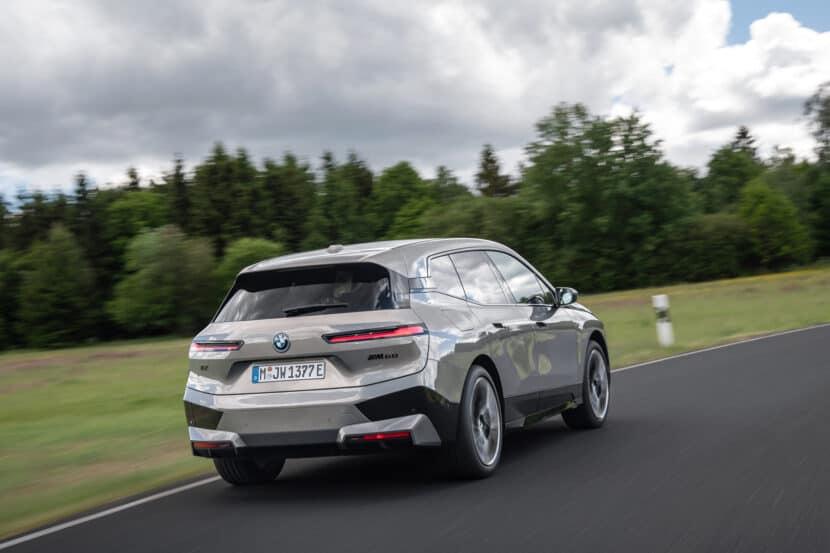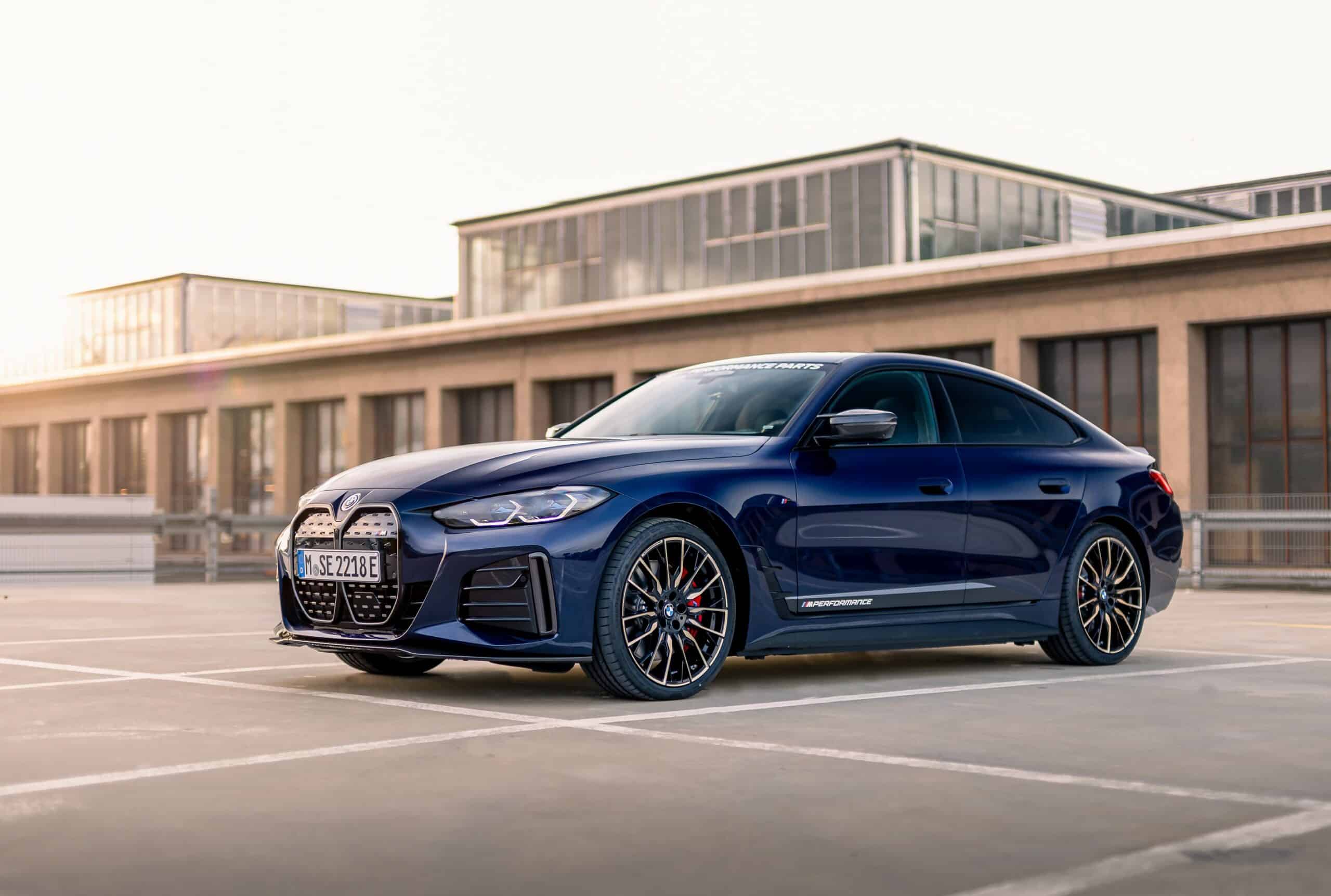The BMW Group sold a total of 2,521,525 cars in 2021 to establish a record. Although it couldn’t match that performance in the year that just ended, the automotive conglomerate wasn’t far behind. The full numbers for 2022 will be released on January 10, but a BMW spokesperson has told Automotive News the company sold approximately 100,000 fewer vehicles last year than in the January-December 2021 interval.
About 2.4 million BMWs and MINIs were delivered in 2022, with nearly 10% of sales represented by purely electric models. The core brand shipped approximately 2.1 million cars last year, compared to 2021 when precisely 2,213,795 units were sold. AN claims sales were negatively impacted in China by COVID-19 lockdowns. In addition, the coronavirus pandemic continued to take its toll on supply chains, causing bottlenecks that hampered production. Rising inflation in Europe also hurt sales, according to AN.

For 2023, BMW wants EVs to account for 15% of total deliveries, according to a company spokesperson interviewed by AN. As a refresher, the Munich-based company is targeting half of its annual shipments to be purely electric cars by the end of the decade. Meanwhile, the next major launch is the first-ever i5, which will celebrate its world premiere later this year alongside the new 5 Series Sedan (G60). An i5 Touring could follow later this decade.
Speaking of additions to the electric portfolio, an iX2 is on the way as a more stylish derivative of the iX1. Come 2025, the Neue Klasse will be launched with an i3 Sedan and the iX3, while the Spartanburg plant in South Carolina will assemble at least six electric SUVs utilizing the NE platform by 2030.
Rumor has it the next-generation 8 Series lineup will be downsized to an electric Gran Coupe and the X3 M could morph into an EV as well. We’ve also heard through the grapevine BMW is preparing iX5, iX6, and iX7 models, but on the CLAR platform rather than the Neue Klasse.
Source: Automotive News





































































